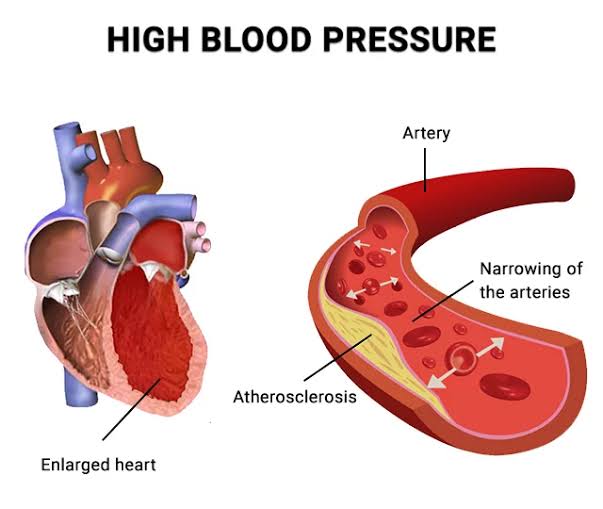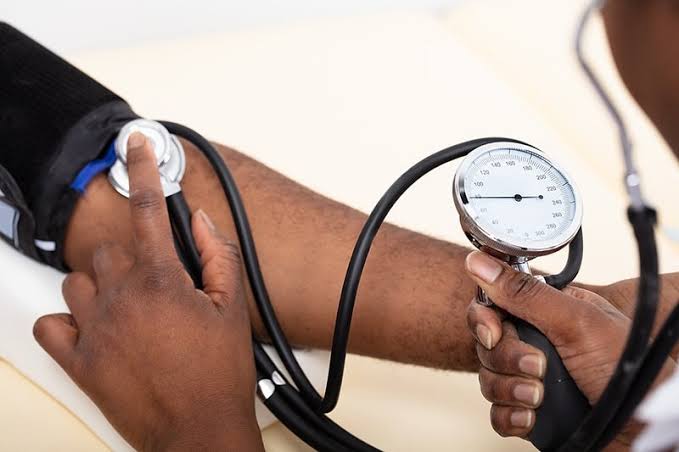High blood pressure, or hypertension, is often called the “silent killer” not because it shouts, but because it quietly damages your body over time. Many people don’t even realize they have it until it leads to more serious issues like heart disease, stroke, or kidney failure.
While medications can help, not everyone wants to jump straight into prescriptions. The good news? Lifestyle changes can be incredibly effective at lowering and managing blood pressure—often without the need for pills.
Let’s walk through practical, evidence-based strategies to manage high blood pressure naturally.
1. Cut Back on Salt
Salt is one of the biggest dietary culprits. Too much sodium causes your body to retain water, which increases pressure on your blood vessels.
- Goal: Aim for less than 2,300 mg of sodium per day, or ideally closer to 1,500 mg.
- Tips: Read food labels, cook more at home, and flavor your meals with herbs, spices, garlic, or lemon juice instead of salt.
2. Move Your Body, Regularly
You don’t need a gym membership or fancy gear. Just moving consistently can work wonders.
- Goal: 30 minutes of moderate exercise (like brisk walking) 5 days a week.
- Bonus: Exercise reduces stress, improves heart health, and helps with weight control—all key to managing blood pressure.
3. Lose Even a Little Weight
Extra weight makes your heart work harder, increasing pressure in your arteries. The great news? Even small changes matter.
- Fact: Losing just 5–10% of your body weight can significantly reduce blood pressure.
- Action: Start with realistic goals. Swap sugary drinks for water. Eat smaller portions. Stay consistent.

4. Eat a Heart-Friendly Diet
The DASH diet (Dietary Approaches to Stop Hypertension) is proven to lower blood pressure.
- Focus on: Fruits, vegetables, whole grains, lean proteins, low-fat dairy.
- Limit: Processed foods, red meats, sweets, and saturated fats.
5. Reduce Stress
Chronic stress raises your blood pressure—and how you cope with stress matters too. Many people turn to unhealthy habits like smoking or emotional eating.
- Try: Deep breathing exercises, prayer, meditation, nature walks, journaling, or even just listening to calming music.
6. Cut Back on Alcohol and Quit Smoking
- Alcohol: Keep it moderate—no more than one drink a day for women, two for men.
- Smoking: Every cigarette raises your blood pressure for minutes after you finish. Quitting delivers benefits almost immediately.
7. Get Better Sleep
Sleep isn’t a luxury—it’s a necessity for a healthy heart.
- Aim for: 7–9 hours per night.
- Tips: Create a sleep routine, limit screen time before bed, and avoid caffeine in the evening.
8. Monitor Your Blood Pressure at Home
Keeping track helps you understand what works for your body and motivates you to stay on course.
- Tip: Use a digital home monitor and keep a daily log to share with your doctor.
In conclusion, you don’t always need medication to manage high blood pressure. A healthier lifestyle can be just as powerful, sometimes even more so. And the best part? These changes improve your overall well-being, not just your blood pressure.
If you’re currently on medication, don’t stop without consulting your doctor—but do talk to them about how your lifestyle changes might reduce your need for it over time.







